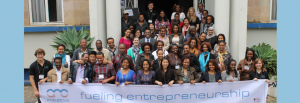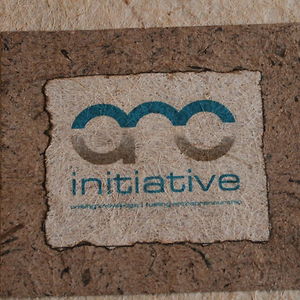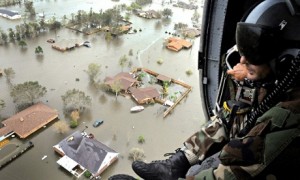 “Why would I travel to another country and help build a school? I do not know how to build a school. I am not an engineering student. I am a business student. Would it not make sense for me to travel to another country and share my knowledge on business instead?” – Taylor Davis, second year student at Sauder School of Business.
“Why would I travel to another country and help build a school? I do not know how to build a school. I am not an engineering student. I am a business student. Would it not make sense for me to travel to another country and share my knowledge on business instead?” – Taylor Davis, second year student at Sauder School of Business.
Over the past few weeks, I have had the opportunity to work closely with Taylor Davis, and two other Sauder students as a member of the Arc Initiative home team organizing and planning events for Arc. When I first met Taylor she told me that she found passion in Arc when she was able to travel to Ethiopia to share her knowledge learned at Sauder with local entrepreneurs. It is with this idea that I feel that even with full financial funding of the United Nations, social enterprises such as the Arc would still be needed.
The UN provides relief on a broad basis, dealing with vast populations and major global issues concerning governments, militias, world health, and the global economy. Where as, Arc and other social enterprises provide the means for individual connections that have more potential to go further in the community of those people touched by the connection, than the large initiatives that the UN leads. For instance, Arc creates value in it’s endeavors, and it’s entrepreneurs by getting people involved. Arc gets people inspired, gives people hope that creates an astonishing ripple affect. This idea is reflected in Arielle’s story of how she connected her country and the Arc. Arielle saw an internal need and weakness in Rwanda, and matched it with an opportunity with Arc. Arielle was driven by this idea of the exchange in business skills and knowledge to empower entrepreneurs in developing countries such as her own. Social enterprises provides that drive for people to utilize their skills and share their passions in order to connect people world wide and efficiently contribute to their local economies.

Through my own experience with Arc, I can testify that even if the UN was fully funded and did not need external donations, social enterprises would still be needed to make global connections, and fill the gaps that the UN can not. Even with not yet having traveled on an Arc trip, I feel united on a personal level with global change than if I were to donate to the UN, or if it were to be funded completely. If the UN no longer needed funding, it would strip away any possible public interaction there is.
Social enterprises give people practical tools to use at their free-will and right away. The UN is so large that it is difficult for local people such as entrepreneurs to utilize programs offered by the UN. Therefore, in my opinion, sometimes bigger, is not necessarily better.

 “Free People is a specialty clothing brand featuring the latest trends and vintage collections for women who live free through fashion, art, music, and travel. Free People offers a one-of-a-kind and compelling shopping experience that makes women feel beautiful, confident and connected with their inner being”. This value proposition of the lifestyle brand Free People portrayed on an external blog on blog spot, pin-points the very idea of what Free People is as a brand and as a company.
“Free People is a specialty clothing brand featuring the latest trends and vintage collections for women who live free through fashion, art, music, and travel. Free People offers a one-of-a-kind and compelling shopping experience that makes women feel beautiful, confident and connected with their inner being”. This value proposition of the lifestyle brand Free People portrayed on an external blog on blog spot, pin-points the very idea of what Free People is as a brand and as a company. The chief executive of the military advisory board Sherri Goodman raised the important notion that climate change is a risk today, and we need to plan, program and budget for it now, and into the future. Whether that means implementing the impact climate change would have on war games, training exercises and purchasing decisions, due to things such as sea rise level, heat waves and drought. The U.S. military has decided to establish training scenarios which incorporate these events instead of only operating when the optimal situation is assumed.
The chief executive of the military advisory board Sherri Goodman raised the important notion that climate change is a risk today, and we need to plan, program and budget for it now, and into the future. Whether that means implementing the impact climate change would have on war games, training exercises and purchasing decisions, due to things such as sea rise level, heat waves and drought. The U.S. military has decided to establish training scenarios which incorporate these events instead of only operating when the optimal situation is assumed.

